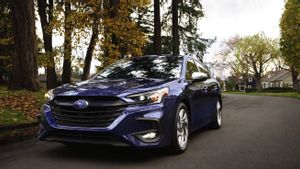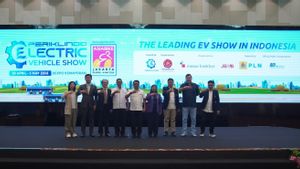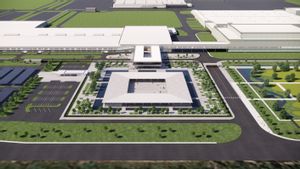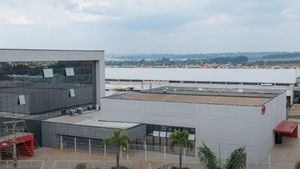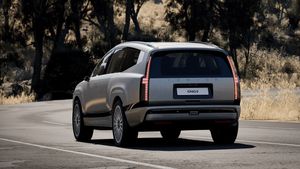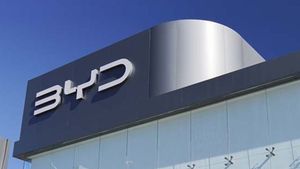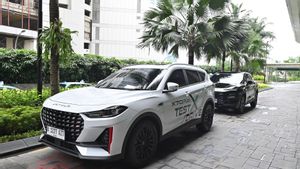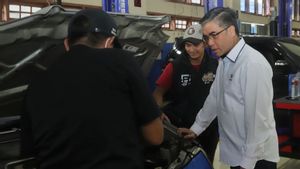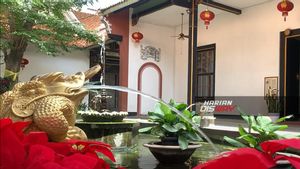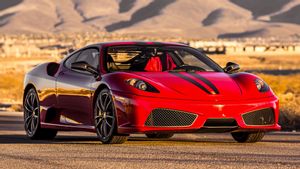Hyundai has launched Ioniq 5N as its first high-performance electric vehicle (EV) to be marketed globally. The crossover marks the first step of the Hyundai N division in developing a wild-powered EV.
Not only Ioniq 5 N, the South Korean manufacturer is working on its plans to bring more high-performance EVs in their ranks, they are even looking for options in the use of hydrogen fuel cell technology and maintaining ICE engines.
Vice President of N Brand & Motorsport Till Wartenberg, said the next high-performance electric vehicle will arrive in the coming years, and a number of the latest models will follow.
The slope of an electric car is heavy because the battery, expensive, (can be) fast on the straight road, but cannot drive on a winding road. Overcoming this stereotype is our challenge," Wartenberg said as quoted by CarBuzz, Wednesday, April 24.
The high-ranking official also emphasized that EV technology is moving faster than combustion engines, with subsequent-generation batteries and other components designed to make future N models more agile and provide more racing sensations.
Although the manufacturer does not want to reveal what model will emerge, Wartenberg hints that the next EV N car will arrive within the remainder of the decade while reaffirming Hyundai's commitment to the transition to sustainability energy.
"It could appear as soon as 12 to 24 months," added Wartenberg.
SEE ALSO:
Even though EVs are the priority, that doesn't mean manufacturers don't want to look for other options. In fact, Hyundai N is still open in offering conventional combustion engine vehicles, but as long as the regulations allow.
The Division introduced in 2016 is open to all possibilities and if necessary, it adds hybrid and plug-in hybrid (PHEV) models to its ranks, although global emission regulations appear to narrow down existing options.
"We see all possibilities and are quite flexible," explained Wartenberg.
In addition, Hyundai N also explained that hydrogen fuel cell technology is also one of the options that will exist in the latest vehicles in the future and will adopt technology from Hyundai Nexo.
"We are quite positive on fuel cells and may see something with it," concluded Wartenberg.
The English, Chinese, Japanese, Arabic, and French versions are automatically generated by the AI. So there may still be inaccuracies in translating, please always see Indonesian as our main language. (system supported by DigitalSiber.id)



